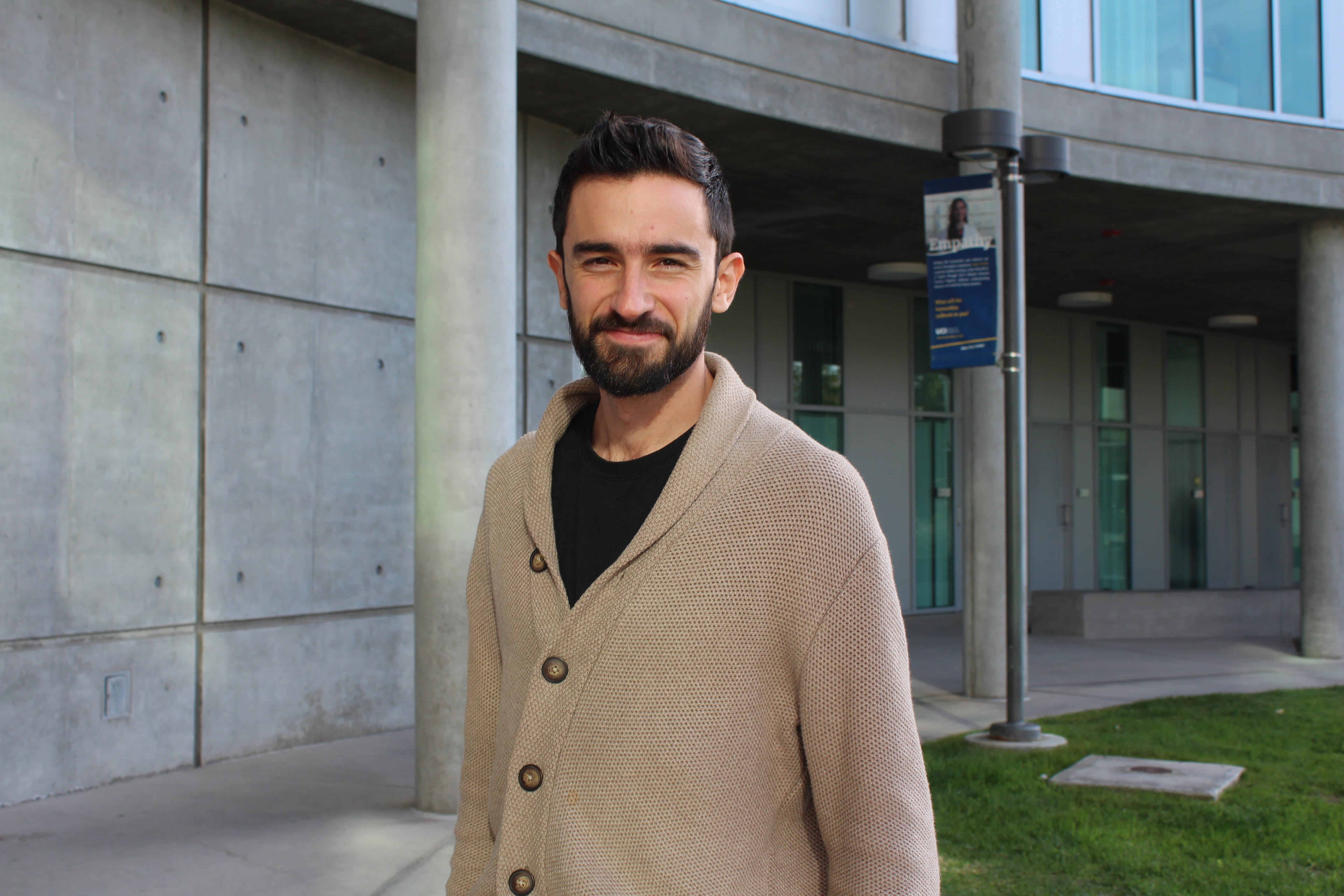UCI-led study links air pollution exposure while pregnant to higher gestational diabetes risk
Suggested interventions include better air regulation and health screenings

Irvine, Calif., Oct. 1, 2021 – Pregnant women who live in Southern California areas with poor air quality have an increased risk of developing gestational diabetes mellitus, according to a recent study led by the University of California, Irvine. The findings were published in the September issue of the journal Environment International.
For mothers, gestational diabetes is associated with a higher risk of short- and long-term health problems such as type 2 diabetes and cardiovascular disease. Their offspring are at higher risk for preterm birth, childhood autism and adult obesity. Although the cause of gestational diabetes is unclear, past research has pointed to family history, age and obesity as common risk factors. But recent studies show that environmental factors, including air pollution, may play a much larger role than was previously thought.
“There is growing interest in understanding the potential role of environmental factors in triggering gestational diabetes,” said Jun Wu, Ph.D., professor of environmental and occupational health at the UCI Program in Public Health and corresponding author. “Limited findings have associated exposure to air pollution with the risk; however, no prior study has systematically explored the joint effects of complex air pollution mixtures on the condition.”
The UCI team used individual-level electronic health record data from a Kaiser Permanente database of nearly 396,000 pregnancies from 2008 to 2018 to determine the effects of exposure to air pollutant mixtures. Researchers conducted a statistical analysis on the monthly average concentrations of fine particulate matter and gaseous air pollutants. Results showed that exposures to nitrogen dioxide and particulate matter were associated with an increased risk of gestational diabetes. The team also discovered that Hispanic and overweight/obese mothers had a disproportionately higher risk of developing the condition.
Recommended interventions to reduce the odds of gestational diabetes, especially among at-risk demographic groups in Southern California, include stronger air-quality regulations, use of air filters and purifiers, early gestational diabetes screening and promotion of healthy lifestyles.
“Results from the study will fill critical gaps in literature and help address some of the inconsistencies in epidemiological findings on the causes of gestational diabetes,” Wu said. “Future studies are needed to examine the joint effects of multiple stressors, including environmental and social factors, on this and other adverse pregnancy outcomes, and study other regions where air pollutant levels and compositions differ from the current study.”
The research team also included Yi Sun, UCI Program in Public Health post doctoral student and first author; as well as Xia Li, Chantal Avila, David A. Sacks, Vicki Chiu, Jeff Slezak and Darios Getahun from the Department of Research & Evaluation at Kaiser Permanente Southern California; Tarik Benmarhnia from the UCSD Herbert Wertheim School of Public Health; Jiu-Chiuan Chen from the USC Keck School of Medicine; and John Molitor from the Oregon State University College of Public Health and Human Sciences.
This work was supported by the National Institute of Environmental Health Sciences.
About the Program in Public Health and future School of Population and Public Health: UCI Public Health is dedicated to the achievement of health equity for all populations through teaching, research, service and public health practice locally and globally. Championing the principles of evidence-based public health science, the program aspires to understand and impact population level social, biological and environmental determinants of health and well-being. Drawing from the diverse expertise of its faculty, it aims to educate the future workforce of California and beyond through exceptional programs and experiential learning opportunities. Learn more at publichealth.uci.edu.
About the University of California, Irvine: Founded in 1965, UCI is the youngest member of the prestigious Association of American Universities and is ranked among the nation’s top 10 public universities by U.S. News & World Report. The campus has produced three Nobel laureates and is known for its academic achievement, premier research, innovation and anteater mascot. Led by Chancellor Howard Gillman, UCI has more than 36,000 students and offers 224 degree programs. It’s located in one of the world’s safest and most economically vibrant communities and is Orange County’s second-largest employer, contributing $7 billion annually to the local economy and $8 billion statewide. For more on UCI, visit www.uci.edu.
About the UCI’s Brilliant Future campaign: Publicly launched on October 4, 2019, the Brilliant Future campaign aims to raise awareness and support for UCI. By engaging 75,000 alumni and garnering $2 billion in philanthropic investment, UCI seeks to reach new heights of excellence in student success, health and wellness, research and more. The planned School in Population and Public Health plays a vital role in the success of the campaign. Learn more by visiting https://brilliantfuture.uci.edu/school-of-population-and-public-health/
Media access: Radio programs/stations may, for a fee, use an on-campus ISDN line to interview UCI faculty and experts, subject to availability and university approval. For more UCI news, visit news.uci.edu. Additional resources for journalists may be found at communications.uci.edu/for-journalists



